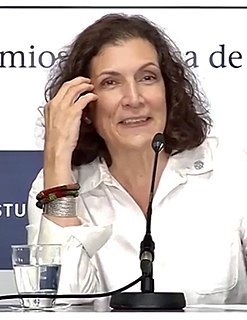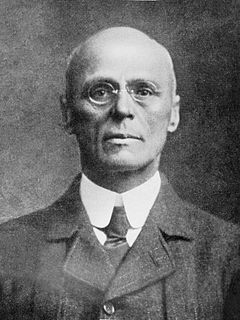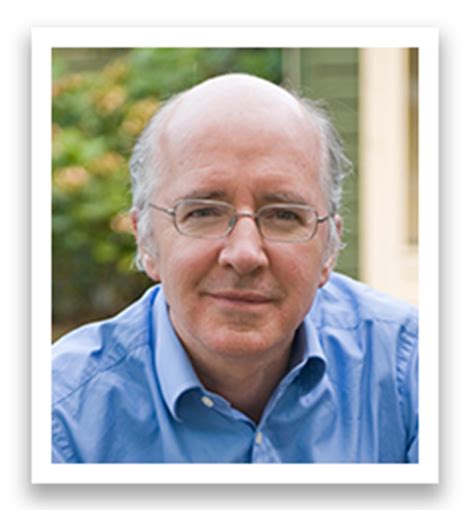A Quote by Alma Guillermoprieto
I realized that I had traveled to Havana during what now seems like the childhood of the Cuban Revolution, if you think that Fidel has now been in power for 44 extremely long years. I started looking at the revolution as history, and not as part of the daily news.
Related Quotes
From its earliest days, the Cuban Revolution has also been a source of
inspiration to all freedom-loving people. We admire the sacrifices of the Cuban people in maintaining their independence and sovereignty in the face of the vicious imperialist-orquestrated campaign to destroy the impressive gain made in the Cuban Revolution. Long live the Cuban Revolution. Long live comrade Fidel Castro.
I was born in Cuba. At the age of 14 years of age I was involved in a revolution. We were suffering from a very cruel, oppressive dictatorship, and the revolution started in the high schools and the universities. So when I was 14, I was involved in the revolution. I was in the revolution four years. During that time, a young, charismatic leader rose up in Cuba, talking about hope and change. His name was Fidel Castro.
As to the history of the revolution, my ideas may be peculiar, perhaps singular. What do we mean by the revolution? The war? That was no part of the revolution; it was only an effect and consequence of it. The revolution was in the minds of the people, and this was effected from 1760 to 1775, in the course of fifteen years, before a drop of blood was shed at Lexington.
A revolution is bloody, but America is in a unique position. She's the only country in history in a position actually to become involved in a bloodless revolution. The Russian revolution was bloody, Chinese revolution was bloody, French revolution was bloody, Cuban revolution was bloody, and there was nothing more bloody then the American Revolution. But today this country can become involved in a revolution that won't take bloodshed. All she's got to do is give the black man in this country everything that's due him, everything.
The white man knows what a revolution is. He knows that the Black Revolution is worldwide in scope and in nature. The Black Revolution is sweeping Asia, is sweeping Africa, is rearing its head in Latin America. The Cuban Revolution - that's a revolution. They overturned the system. Revolution is in Asia, revolution is in Africa, and the white man is screaming because he sees revolution in Latin America. How do you think he'll react to you when you learn what a real revolution is?
This revolution, the information revoultion, is a revolution of free energy as well, but of another kind: free intellectual energy. It's very crude today, yet our Macintosh computer takes less power than a 100-watt bulb to run it and it can save you hours a day. What will it be able to do ten or 20 years from now, or 50 years from now?
This was the kiss I had waited for so long - a kiss born by the river of our childhood, when we didn't yet know what love meant. A kiss that had been suspended in the air as we grew, that had traveled in the world in the sovenier of a medal, and that had remained hidden behind piles of books. A kiss that had been lost and now was found. In the moment of that kiss were years of searching, disillusionment and impossible dreams.
But above all, what this Congress can be remembered for is opening the way to a new American revolutiona peaceful revolution in which power was turned back to the peoplein which government at all levels was refreshed and renewed and made truly responsive. This can be a revolution as profound, as far-reaching, as exciting as that first revolution almost 200 years agoand it can mean that just 5 years from now America will enter its third century as a young nation new in spirit, with all the vigor and the freshness with which it began its first century.































